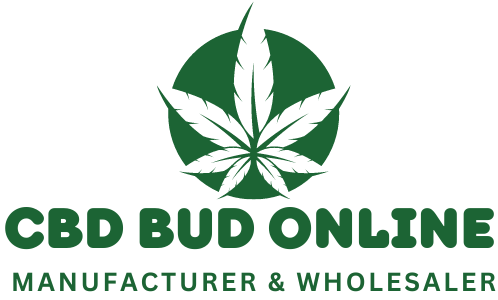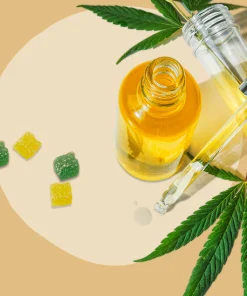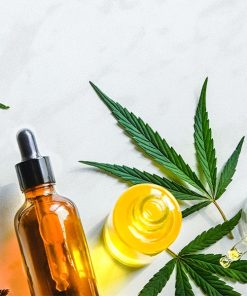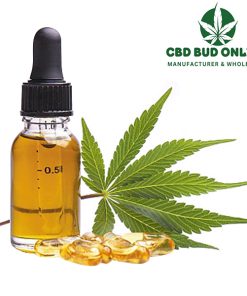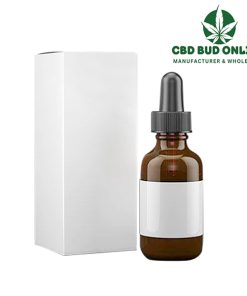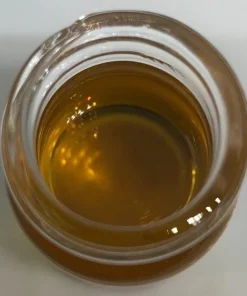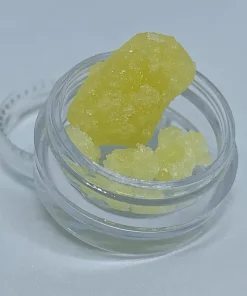CBD Oils
CBD Oils
CBD Oils
CBD Vapes
Cannabinoid Isolates
Organic Wholesale CBD Hemp Oils Distributor Low MOQ
Wholesale CBD Hemp Oils for Sale – pure CBD oil is a type of oil that is derived from the cannabis plant. Specifically, it comes from the hemp plant, which is a strain of cannabis that contains high levels of cannabidiol (CBD) and low levels of tetrahydrocannabinol (THC). THC is the psychoactive compound that is responsible for the “high” associated with marijuana use, but CBD does not produce this effect.
CBD oil is commonly used for its potential therapeutic benefits, which include reducing pain, anxiety, and inflammation. It is also believed to have neuroprotective properties and may help to treat conditions such as epilepsy, multiple sclerosis, and Parkinson’s disease.
Uses of CBD Oil
CBD oil has gained popularity for its potential therapeutic properties and is used for various purposes. Here are some common uses of CBD oil:
Pain Management: CBD oil is often used to manage chronic pain conditions, such as arthritis, multiple sclerosis, or fibromyalgia. CBD’s potential anti-inflammatory and analgesic properties may help reduce pain and improve overall comfort.
Anxiety and Stress Reduction: Wholesale CBD Hemp Oils for Sale – may have anxiolytic (anti-anxiety) properties, and it is commonly used to help reduce symptoms of anxiety disorders, such as generalized anxiety disorder (GAD), social anxiety disorder (SAD), and post-traumatic stress disorder (PTSD). It may also promote relaxation and help manage stress.
Sleep Improvement: CBD oil is often used as a natural sleep aid. It may help individuals with insomnia or sleep disturbances by promoting relaxation, reducing anxiety, and improving overall sleep quality.
Mood Regulation: CBD oil may have mood-stabilizing properties and can be used to potentially alleviate symptoms of depression or mood disorders. It may interact with serotonin receptors in the brain, which are involved in regulating mood and emotions.
Epilepsy and Seizure Disorders: CBD oil, specifically the prescription medication Epidiolex, has been approved by the FDA for the treatment of certain rare forms of epilepsy, such as Dravet syndrome and Lennox-Gastaut syndrome. CBD’s anticonvulsant properties may help reduce the frequency and severity of seizures.
Neurological Conditions: CBD oil is being explored for its potential benefits in neurological conditions such as Parkinson’s disease, Alzheimer’s disease, and multiple sclerosis. While more research is needed, CBD’s anti-inflammatory and neuroprotective properties may have therapeutic potential for these conditions.
Skin Conditions: CBD oil is used in topical formulations for various skin conditions, including acne, eczema, psoriasis, and dermatitis. Its potential anti-inflammatory properties may help reduce inflammation, redness, and irritation.
Overall Wellness and Health: Some individuals use CBD oil as a daily supplement for general wellness and to promote a sense of balance and overall well-being. It is believed to have antioxidant properties and may support the body’s endocannabinoid system, which plays a role in maintaining homeostasis.
Benefits Of CBD Oil
CBD oil is believed to offer a range of potential benefits, although it’s important to note that scientific research is still ongoing, and more studies are needed to fully understand its effects. Here are some of the potential benefits associated with CBD oil:
Pain Relief: CBD oil may help alleviate chronic pain by interacting with the endocannabinoid system, which plays a role in regulating pain perception. It may have anti-inflammatory properties that can reduce inflammation and provide relief from conditions such as arthritis, multiple sclerosis, and fibromyalgia.
Anxiety and Stress Reduction: CBD oil has been studied for its potential anxiolytic (anti-anxiety) and stress-reducing effects. It may help individuals with generalized anxiety disorder (GAD), social anxiety disorder (SAD), post-traumatic stress disorder (PTSD), and other anxiety-related conditions by promoting relaxation and reducing anxiety symptoms.
Sleep Improvement: CBD oil may help improve sleep quality and address sleep disorders. It has shown potential in reducing insomnia symptoms and promoting a sense of relaxation, which can aid in falling asleep and staying asleep.
Epilepsy and Seizure Disorders: The prescription medication Epidiolex, which contains CBD, has been approved by the FDA for the treatment of certain rare forms of epilepsy, such as Dravet syndrome and Lennox-Gastaut syndrome. CBD’s anticonvulsant properties may help reduce the frequency and severity of seizures.
Neuroprotective Properties: CBD oil has shown promise in its potential neuroprotective effects. It may have antioxidant and anti-inflammatory properties, which could protect the brain from oxidative stress and inflammation associated with neurodegenerative diseases such as Alzheimer’s and Parkinson’s disease.
Mood Regulation: CBD oil may have mood-stabilizing properties and may help individuals with mood disorders such as depression or bipolar disorder. It interacts with serotonin receptors in the brain, which are involved in regulating mood and emotions.
Skin Health: Topical application of CBD oil may offer benefits for skin conditions such as acne, eczema, psoriasis, and dermatitis. It may have anti-inflammatory properties that can reduce inflammation and promote healthier skin.
Overall Well-being: Many individuals use CBD oil as a daily supplement to support overall well-being and promote a sense of balance. It help with stress management, relaxation, and maintaining homeostasis in the body.
Where To Buy Pure CBD Oil Products
CBD Bud Online offers a diverse range of pure CBD oil products designed to cater to various wellness needs. Reach of Pure CBD Oil Products Available at CBDBudOnline
Product Range
- CBD Oil Tinctures: These are liquid extracts that can be taken sublingually (under the tongue) for quick absorption. They come in various concentrations to suit different preferences.
- CBD Oil for Pets: Special formulations are available for pets, ensuring that your furry friends can also benefit from the therapeutic properties of CBD.
- Topical CBD Products: The site features skincare creams infused with CBD, which can be applied directly to the skin for localized relief.
Quality Assurance
- Lab Testing: All CBD oil products undergo third-party lab testing to ensure they meet quality and safety standards. This transparency helps consumers make informed choices about their purchases.
- Natural Ingredients: CBD Bud Online emphasizes the use of organic and natural ingredients in their products, aligning with the growing demand for clean and sustainable wellness solutions.
Legal Compliance
- Hemp-Derived: All products are derived from hemp and contain less than 0.3% Delta 9 THC, making them compliant with federal regulations and legal to purchase in many states.
Customer Experience
- Detailed Product Information: Each product listing includes comprehensive descriptions, ingredient lists, and lab results, fostering consumer confidence and understanding of the products they are buying.
- Commitment to Satisfaction: CBD Bud Online is dedicated to customer satisfaction and encourages feedback through third-party reviews, showcasing their commitment to quality service
Wholesale Extracts USA | CBD Oil Wholesale UK & Europe | Wholesale CBD Hemp Oil Italy | Wholesale Full Spectrum CBD Oil Ireland | Buy Your CBD Oil Online Germany | BULK Full Spectrum CBD Oil Australia | Wholesale CBD Tincture & Hemp Oil Products France | CBD Oil Netherlands | Buy UK’s Best CBD Oils | Buy CBD Oils Bulk Wholesale | Wholesale CBD Hemp Oils for Sale
